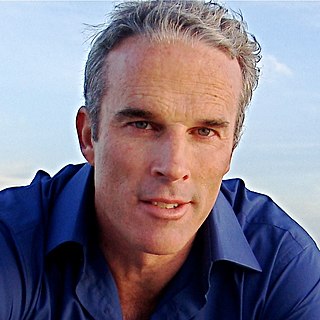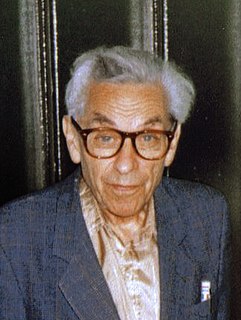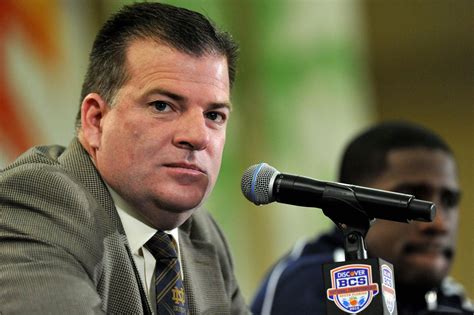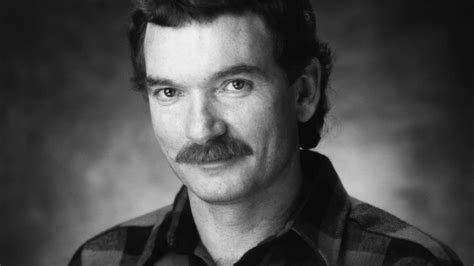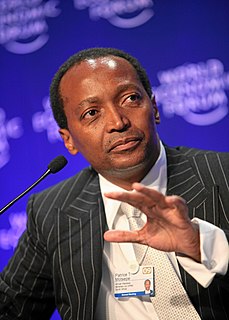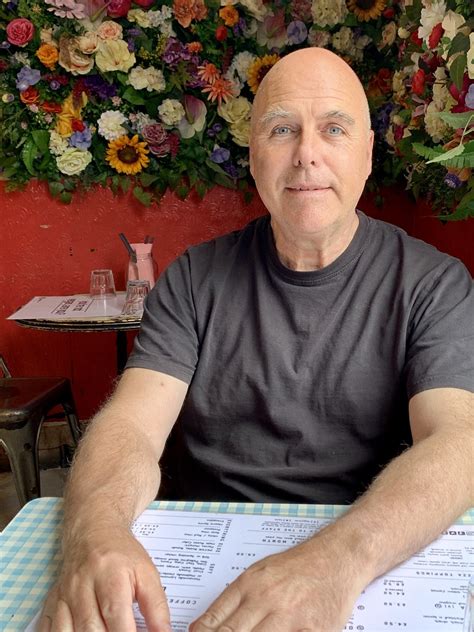A Quote by Norman Borlaug
There are 6.6 billion people on the planet today. With organic farming we could only feed four billion of them. Which two billion would volunteer to die?
Related Quotes
If we could magically transport ourselves back to the young Earth, when it was only a billion years old or two billion years old or three billion years old or four billion years old, we wouldn't be able to survive. We would have a hard time surviving if we were transported to the time when dinosaurs were around.
I think that humans are also set up to survive. We're not as small as rats, but we make up for that by being intelligent enough to make our own hiding places and to adapt to new habitats, even if they are changing very quickly. We have an enormous population, and can afford to lose billions of people without suffering very much as a species. Indeed, some would say losing five billion people would be good for the planet - I disagree with them, but can't deny that we would do just fine if there were two billion of us or even one billion.
Our planet has been around only for four and a half billion years. Let's imagine a planet that has life on it such as life is on Earth and it's seven billion years old. Let's say that planet evolved intelligence. Well, that intelligence would be way more advanced than what we call intelligence here on Earth. How long has intelligence been around on Earth as we've come to define it?



